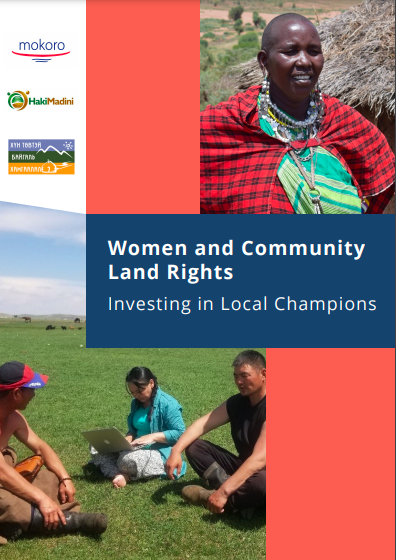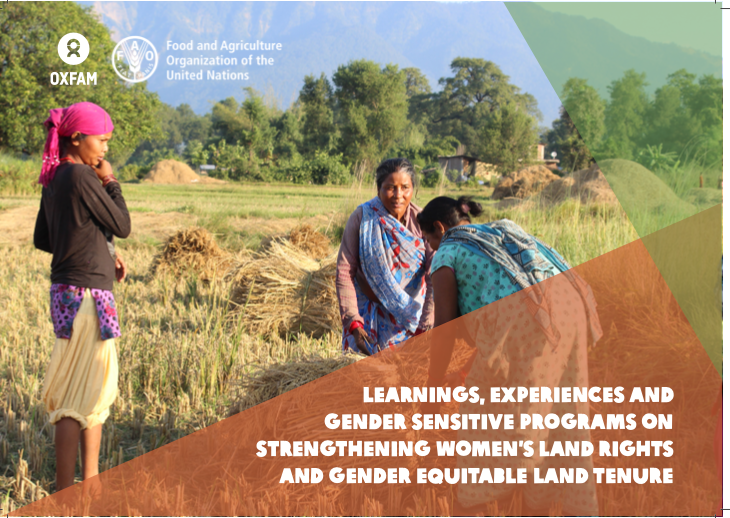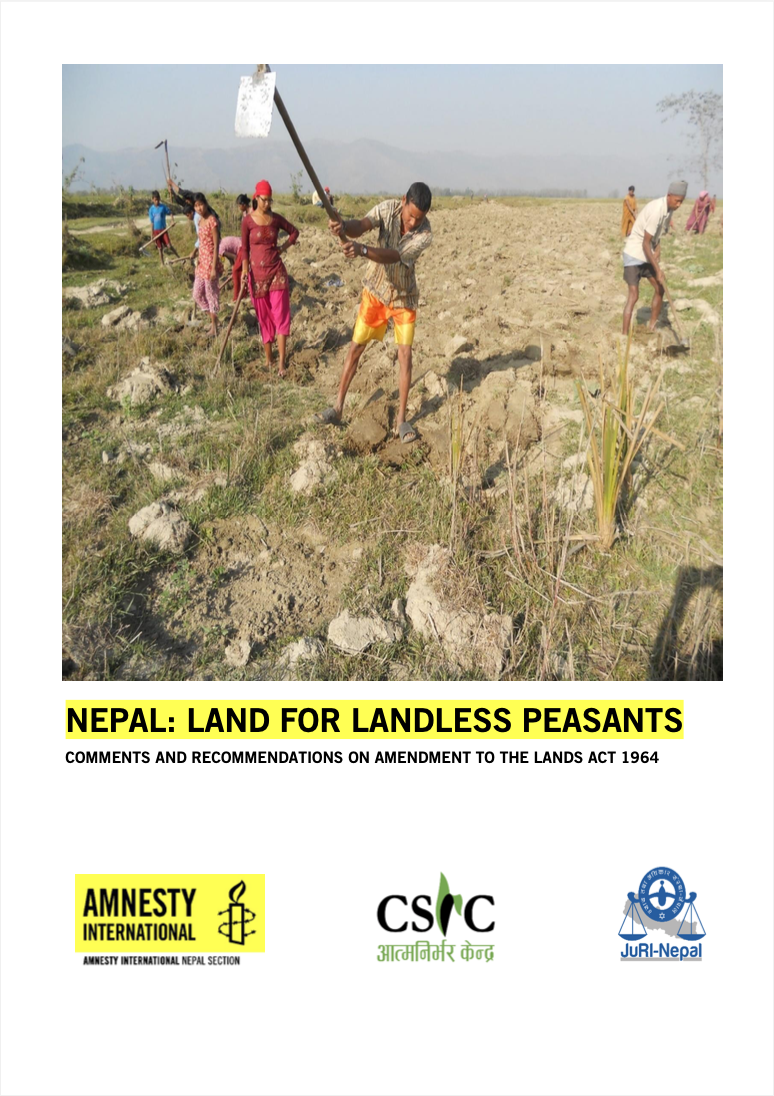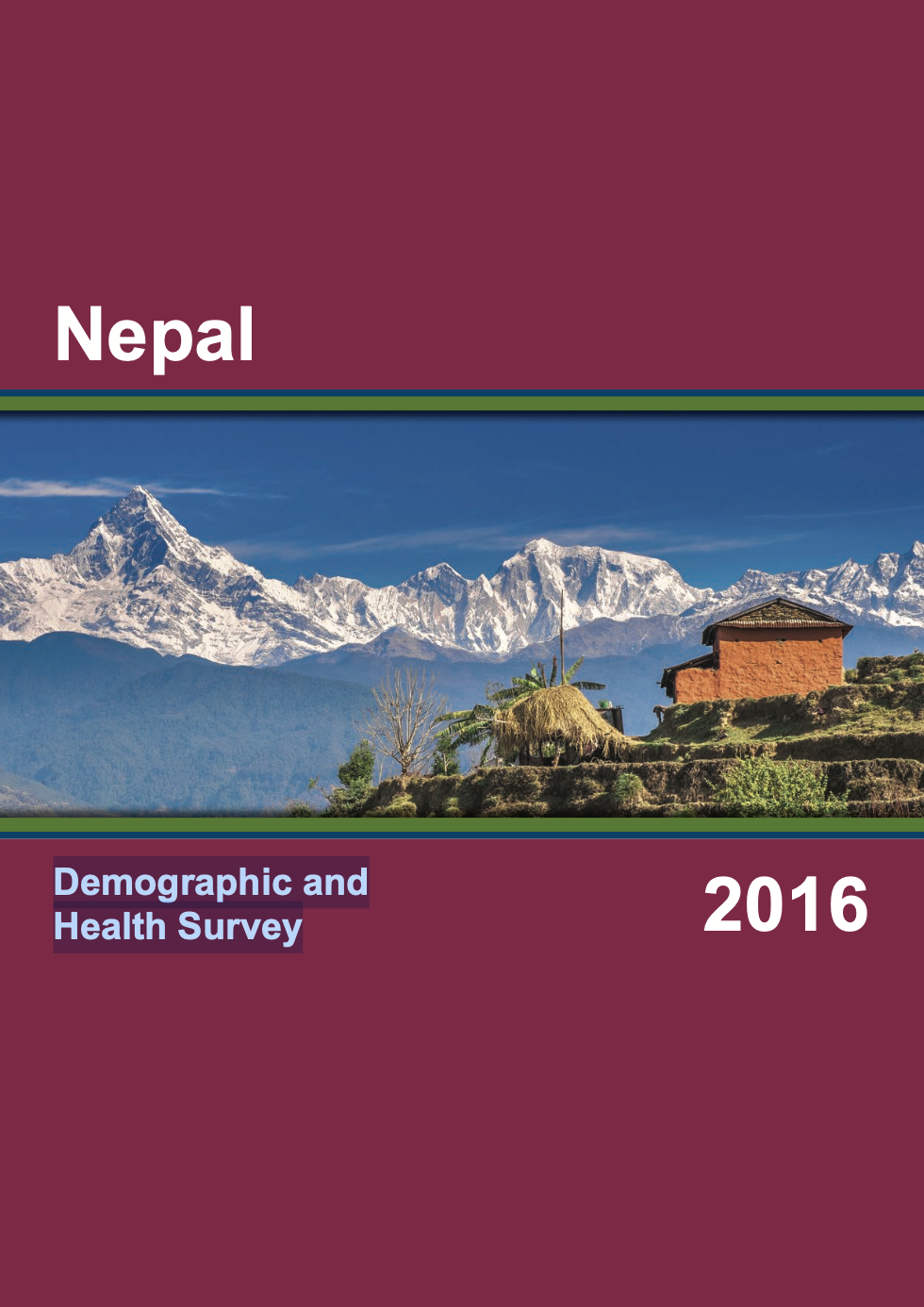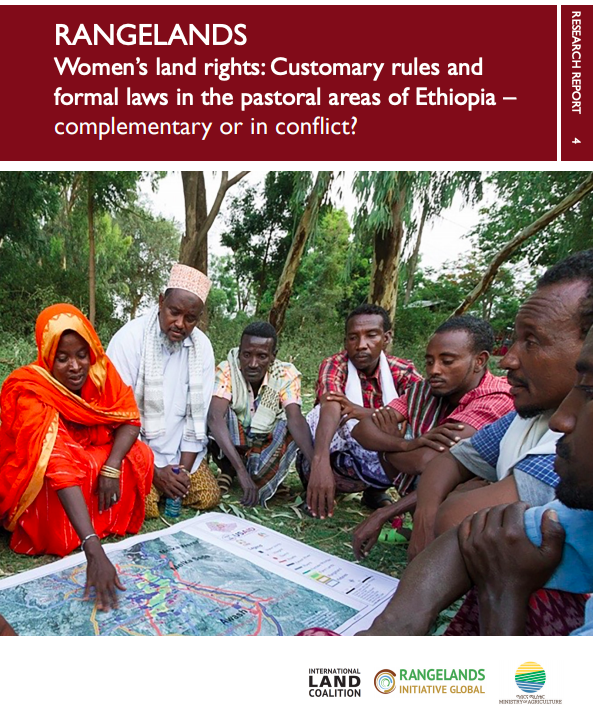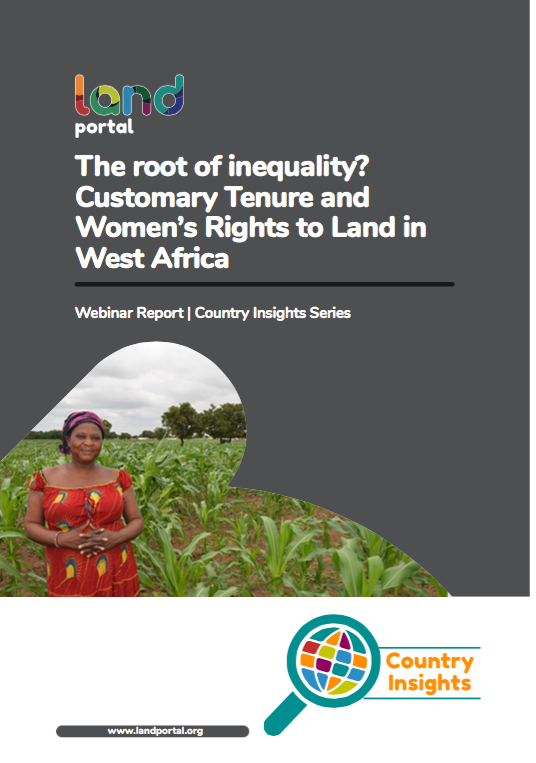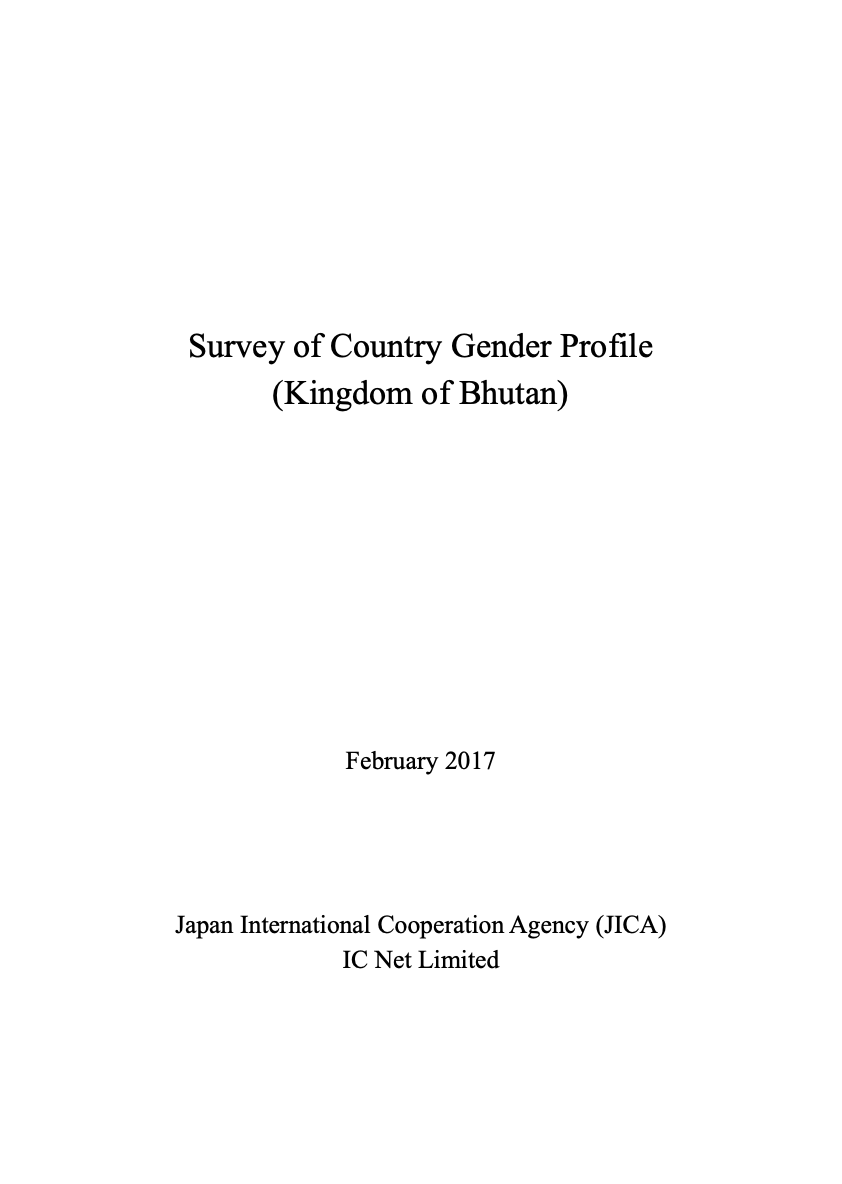Getting it right from planning to reporting: A guidance tool for women’s land rights data and statistics
To ensure a better and more sustainable future for all, the 2030 Agenda for Sustainable Development (“the 2030 Agenda”) has identified 17 Sustainable Development Goals (SDGs) to be achieved by 2030. SDGs range from poverty eradication, zero hunger, decent work and reduced inequalities to quality education, clean water and sanitation, and gender equality, only to name some of them.

